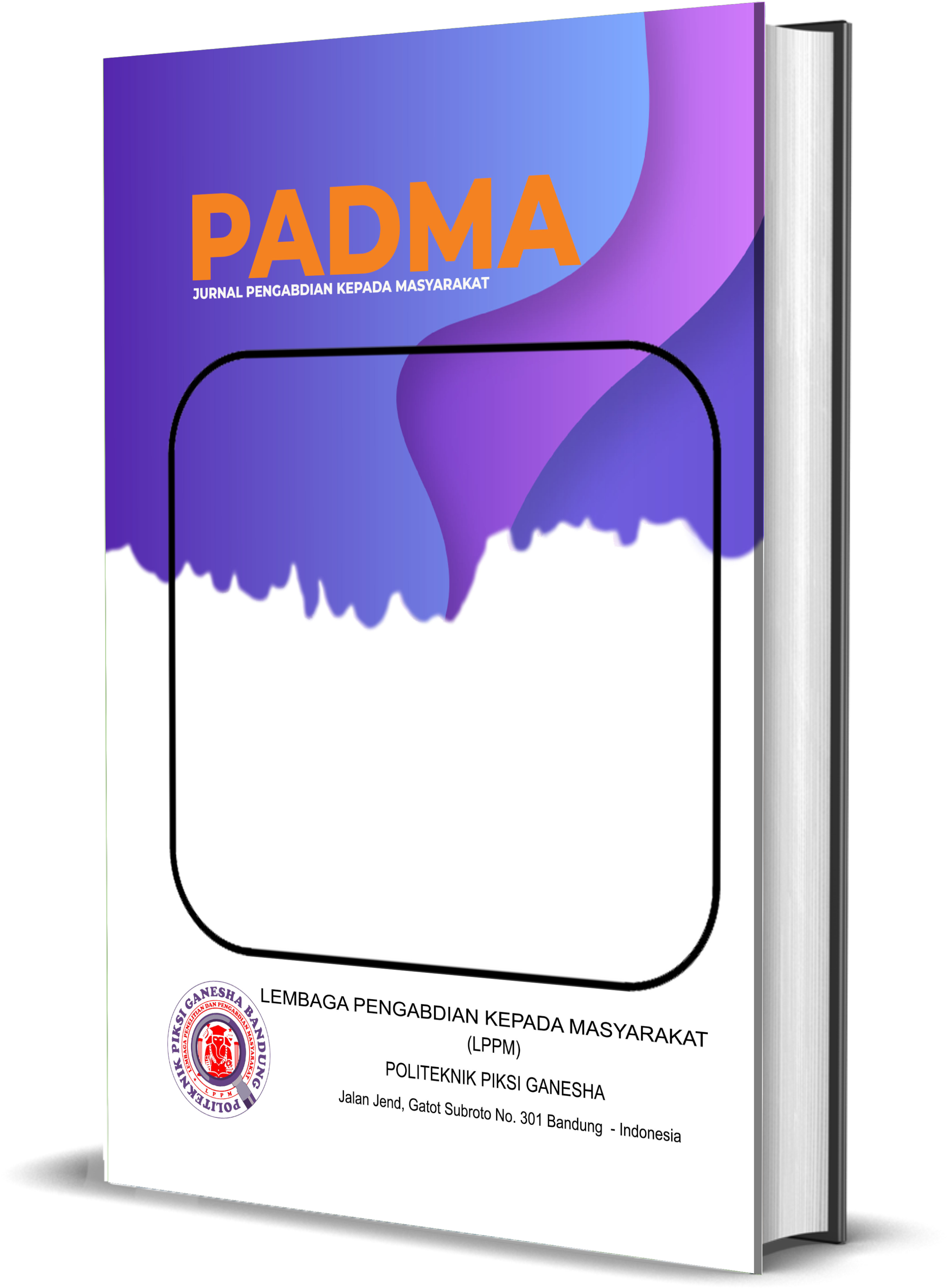Konstruksi Sosial Perempuan Generasi Z atas Pernikahan di Era Digital: Studi pada Perempuan Berkarir di Desa Warujayeng Kabupaten Nganjuk
Abstract
This study aims to understand the social construction of generation Z women towards marriage in the digital era, especially for career women in Warujayeng Village, Nganjuk Regency. Using a social construction theory approach, this study reveals how changes in views on marriage are influenced by several aspects. The results of the study indicate that generation Z women see marriage as a choice that is adjusted to personal and career aspirations, no longer as a social obligation. Social media plays an important role in shaping this view and providing space to share broader perspectives on marriage. This study indicates that career women in the digital era can construct the meaning of marriage according to their needs and life conditions without being bound by traditional norms that apply in society.

Copyright (c) 2025 Adellya Widya Oktaviana, Ahmad Ridwan (Author)

This work is licensed under a Creative Commons Attribution 4.0 International License.
Padma (Jurnal Pengabdian Kepada Masyarakat) accepts manuscripts that have not been published elsewhere and are not under consideration for publication by other print or electronic media. Authors retain copyright and grant the journal right of first publication with the work simultaneously licensed under a Creative Commons BY-NC License that allows others to share the work with an acknowledgment of the work's authorship and initial publication in this journal.
Authors are able to enter into separate, additional contractual arrangements for the non-exclusive distribution of the journal's published version of the work (eg, post it to an institutional repository, in a journal or publish it in a book), with an acknowledgment of its initial publication in this journal.
License to Publish
The non-commercial use of the article will be governed by the Attribution-NonCommercial 4.0 International (CC BY-NC 4.0). The author hereby grants Padma (Jurnal Pengabdian Kepada Masyarakat) an exclusive publishing and distribution license in the manuscript include tables, illustrations or other material submitted for publication as part of the manuscript (the “Article”) in print, electronic and all other media (whether now known or later developed), in any form, in all languages, throughout the world, for the full term of copyright, and the right to license others to do the same, effective when the article is accepted for publication. This license includes the right to enforce the rights granted hereunder against third parties.







